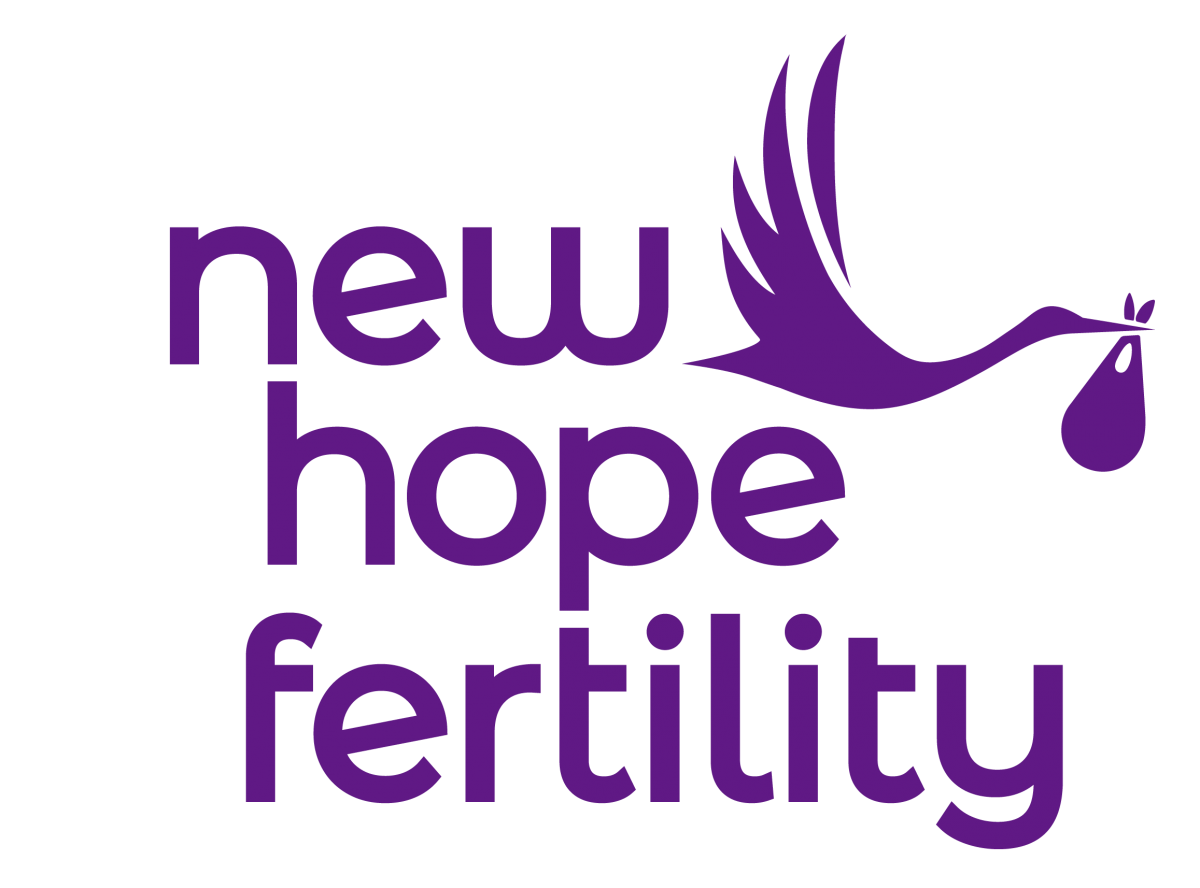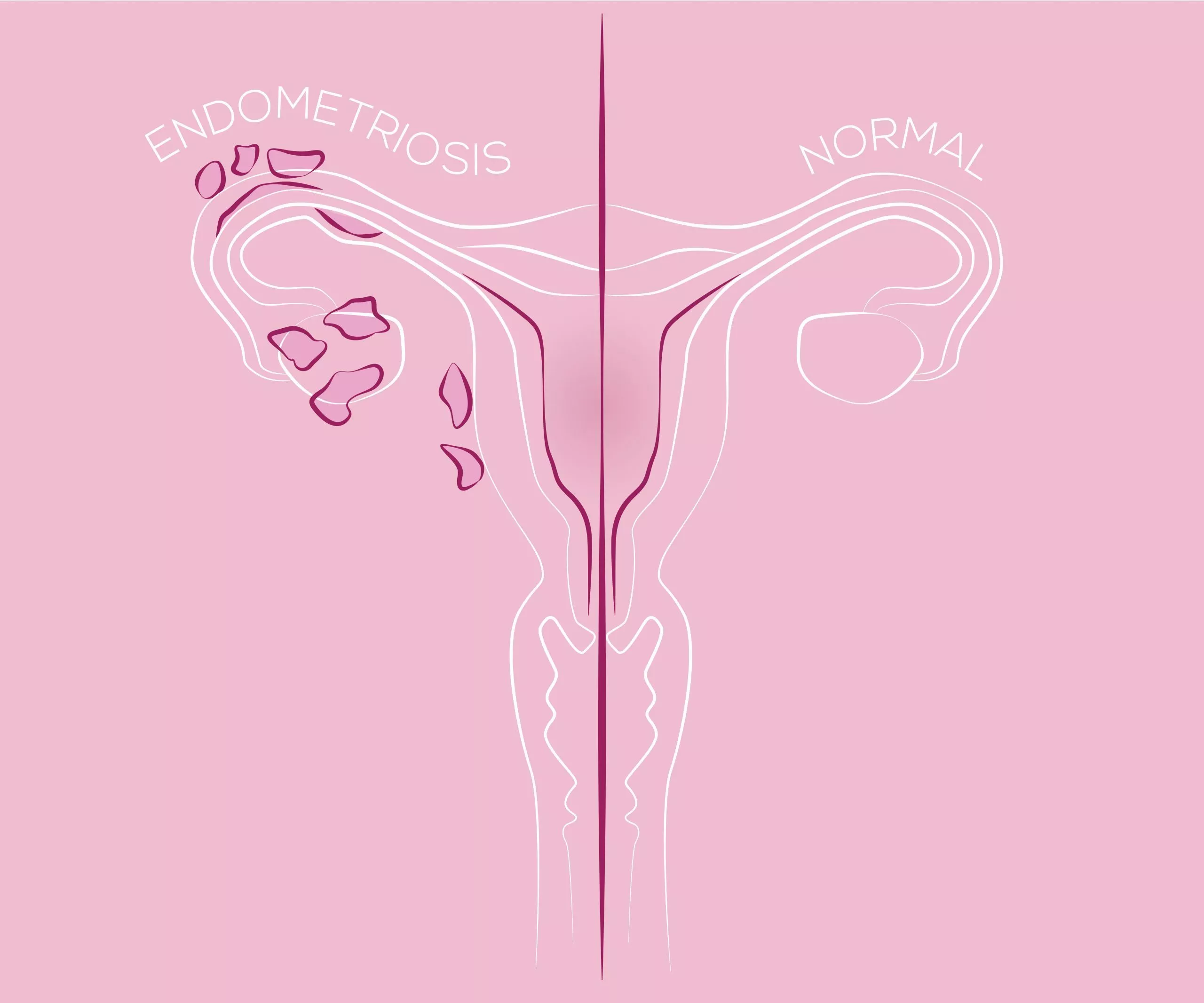If you’re one of the millions of women who suffer from endometriosis, you may know that this often painful disorder can also affect your ability to conceive naturally. About one-third of women with endometriosis have difficulty getting pregnant and require some sort of medical help to conceive.
Endometriosis is a common, yet often misunderstood condition that can cause infertility. If you are struggling to conceive and have been diagnosed with endometriosis, this post is for you. Here we will discuss the link between endometriosis and infertility, and explore your treatment options. Remember, you are not alone – there is help available.
Since March marks the start of Endometriosis Awareness Month, here’s what you need to know about infertility and endometriosis:
What is endometriosis?
Endometriosis is a benign, estrogen-dependent disease in which endometrial tissue becomes present outside the uterus, most often within the pelvic cavity. Endometriosis is a disorder in which tissue that normally lines the inside of your uterus, grows outside of the uterus. This can lead to pain, infertility, and other problems. Treatment for endometriosis early on may help improve your fertility. The disorder has been estimated to occur in roughly 6–10 percent of women worldwide. Up to 60 percent of cases are diagnosed before age 30.
How can I tell if I have endometriosis?
Endometriosis symptoms vary among women. However, the most common symptoms of endometriosis are pain with menstruation, cramping or discomfort in the pelvic area, lower back pain, and pain during or after sex. Some women may also have abnormal vaginal bleeding between menstrual periods. One possible sign of endometriosis is a tender stomach. If you are experiencing any of these symptoms, it’s important to see your doctor and get diagnosed.
Endometriosis and Infertility
Many aspects of fertility can be influenced by endometriosis. For example, you may experience distorted anatomy of the pelvis, adhesions (which form when tissue grows into an area where it shouldn’t exist), and scarred fallopian tubes. Endometriosis and infertility go hand-in-hand as the disease can block tubes preventing an egg from being released during ovulation. Diagnosing endometriosis is done via pelvic exam, laparoscopy, MRI, or ultrasound.
How is endometriosis treated?
The goal of treatment for endometriosis and infertility is to find a plan that eases pain and helps you become pregnant. During the diagnostic phase, your doctor will discuss with you all available treatment options. Treatment can include: surgery, pain management, non-steroidal anti-inflammatory drugs (NSAIDs), birth control pills, progestins, or other hormone therapy that can help treat endometriosis.
Endometriosis is a common, yet often misunderstood disease. If you think you may be suffering from endometriosis, it’s important to consult with a physician who can help you get the correct diagnosis. There is no one-size-fits-all treatment for endometriosis, but there are many options available depending on your specific situation. If you think you may have endometriosis, book a consultation with our physicians today to begin your diagnosis!
Why New Hope?
New Hope Fertility Center is home to world-renowned fertility specialists. We custom-design fertility treatments for the individual to increase the chances of a successful pregnancy. Our specialists believe in putting the patient first and being with them through every step of the fertility journey. Our team is well-versed in helping women of all ages reach their fertility goals and we are passionate about educating, and supporting our patients throughout their journey. If you want compassionate fertility care, New Hope is the right place for you. Call us at (347) 970-8479 or schedule your initial consultation today!

